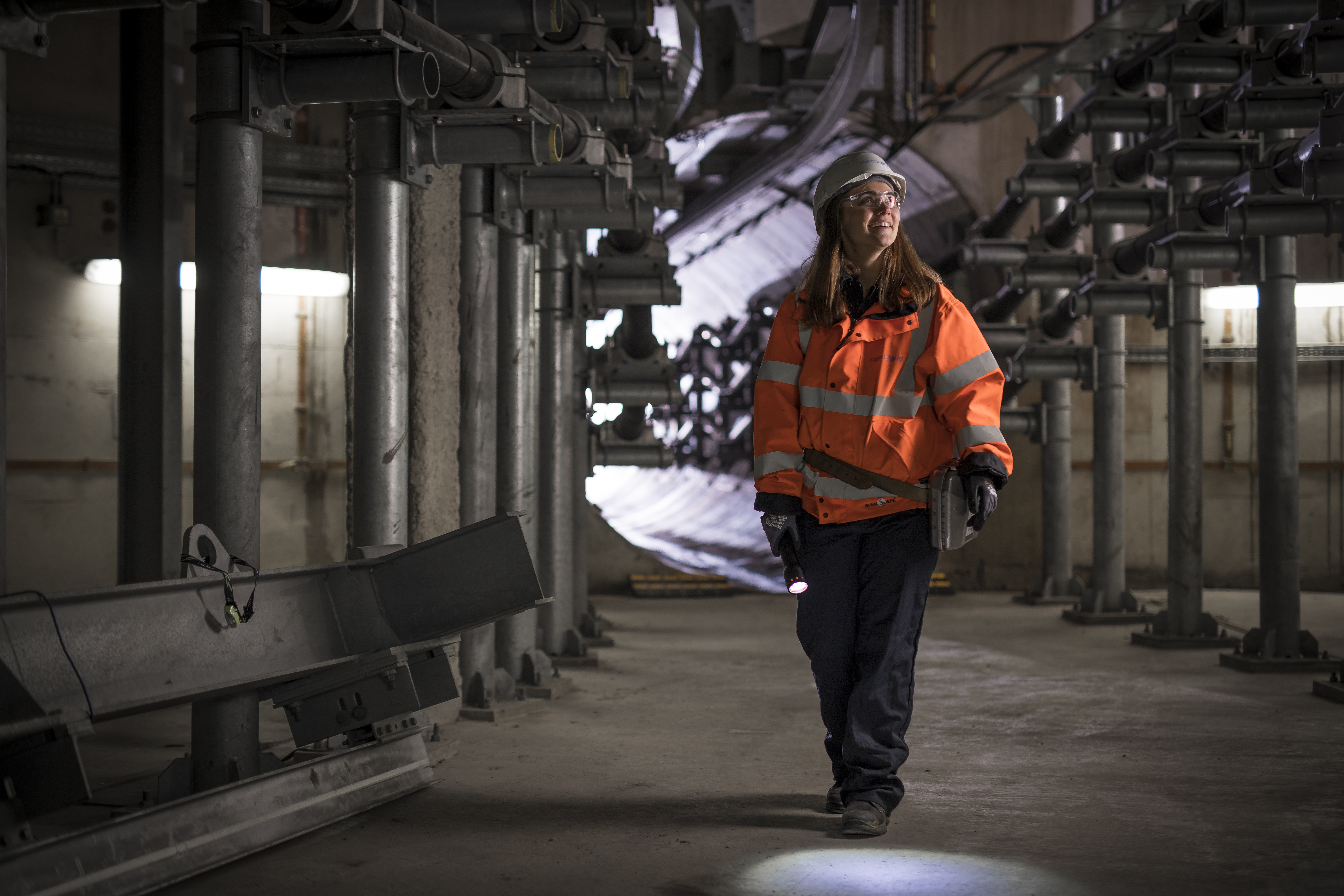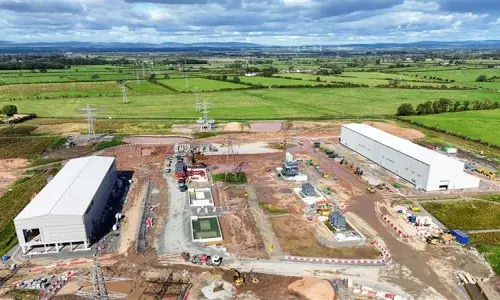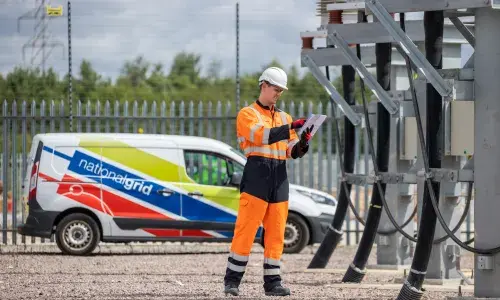
National Grid highlights the crucial role women will play in the Covid-19 economic recovery
As we consider the long-term impact of the Covid-19 pandemic, National Grid believes that women will have a crucial role to play in the economic recovery.
Nicola Shaw, UK Executive Director at National Grid, says: “The pandemic has exposed the burden of domestic and unpaid work that often falls to women and as we start to build back we have to ensure that these women are not left behind but are given the opportunities and support they need to succeed.”
Research published by National Grid earlier this year showed that the UK’s energy sector will need to fill 400,000 jobs if it is to meet its target to deliver net zero emissions by 2050. But the underrepresentation of women, who currently make up just 12% of the engineering workforce across the sector, means the sector is missing out on a full-strength gender balanced workforce. Our research showed that 83% of women want to help the UK reach its net zero target by 2050, so it’s critical that we break down barriers to ensure they can play their part.
Nicola says: “We’re at a crucial stage in the journey. We need female engineers more than ever as we believe that tackling climate change and achieving the UK’s net zero target needs to be at the heart of the economic recovery to help us recover from the pandemic and pave the way forward. On International Women in Engineering Day, I want to celebrate female engineering talent and encourage those that are interested to step forward. For every school girl that loves maths to university students fascinated by technology to women who want to tackle the climate emergency, I want them to know that they can shape the world.”
To support women to succeed at National Grid, the company has a number of initiatives in place, including:
- Flexible and agile working patterns across the business
- Review to ensure our recruitment process and attraction tools are as accessible as possible, which resulted in women making up 37.5% of graduate hires and a year-on-year increase in women in leadership roles. One third of senior roles in the UK are now held by women.
- Global unconscious bias e-learning to embed sustainable change in our leadership behaviours
- Several mentoring programmes, including a reverse mentoring scheme for Executives and senior managers
- Training and development programmes specifically designed for women at early stages of their career
- Working with external partners such as the Women’s Engineering Society (WES) which actively campaigns to encourage women to participate and achieve as engineers, scientists and as leaders.
- Working with POWERful Women and Energy Leaders Coalition, to break down barriers and share best practice with the aim of increasing the number of women at senior levels and middle management in the UK’s energy industry.



